Last week, after the International Atomic Energy Agency (IAEA) released a report confirming that Iran had adequately explained suspicions about its secret uranium enrichment facility, Israel expressed anger.
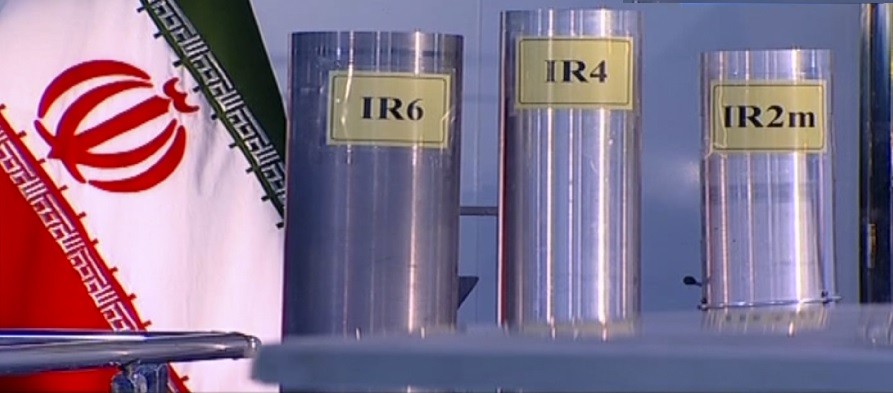 |
| The IAEA's confirmation that it has resolved two 'issues' regarding Iran's past uranium traces has not pleased Israel. (Source: AP) |
At the heart of the dispute is the source of uranium particles found at three undeclared sites that Iran is believed to have operated for about 20 years. The IAEA, along with U.S. intelligence agencies, believe Iran once coordinated a nuclear weapons program that ended in 2003.
However, inspectors have only recently discovered these nuclear traces, and the IAEA is obliged to determine the origin of any unidentified nuclear material. Iran, for its part, has steadfastly denied ever pursuing nuclear weapons as alleged.
In a report to member states last week, IAEA Director General Rafael Grossi said that Iran had revealed that traces of depleted uranium at the Marivan site came from a mine and a laboratory operated by the former Soviet Union and that the agency had concluded its investigation into the incident.
The report noted that inspectors no longer had questions about the nuclear traces found enriched to 83.7% at the underground Fordo facility.
The report failed to convince Israel, and on June 4, Prime Minister Benjamin Netanyahu accused the IAEA of lowering standards in its past inspections of Iran's nuclear activities.
However, on June 5, IAEA Director General Grossi firmly rejected the accusations from Israel, affirming: "We never lower our standards. We comply with and apply these standards."
Iran has now enriched uranium to 60 percent and is just weeks away from 90 percent, the level needed to produce a nuclear bomb. This has prompted Israel to double down on its threat of a preemptive military strike against Tehran if international diplomatic efforts fail.
In that context, also on June 5, speaking at the conference of the American Israel Public Policy Committee (AIPAC), US Secretary of State Antony Blinken reiterated the steadfast stance of the Joe Biden administration that Iran is Israel's top threat and Tehran will never be allowed to possess nuclear weapons.
“If Iran rejects diplomacy , then, as President Biden has made clear many times, all options are on the table to ensure that Iran does not acquire a nuclear weapon,” Mr. Blinken stressed.
Source



![[Photo] General Secretary To Lam visits exhibition of achievements in private economic development](https://vphoto.vietnam.vn/thumb/1200x675/vietnam/resource/IMAGE/2025/5/18/1809dc545f214a86911fe2d2d0fde2e8)


![[Photo] National conference to disseminate and implement Resolution No. 66-NQ/TW and Resolution No. 68-NQ/TW of the Politburo](https://vphoto.vietnam.vn/thumb/1200x675/vietnam/resource/IMAGE/2025/5/18/adf666b9303a4213998b395b05234b6a)

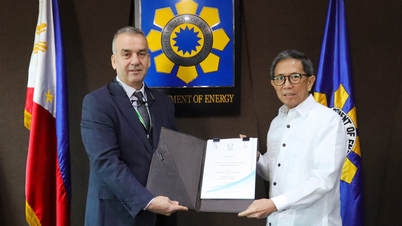

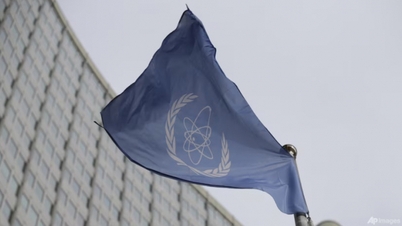


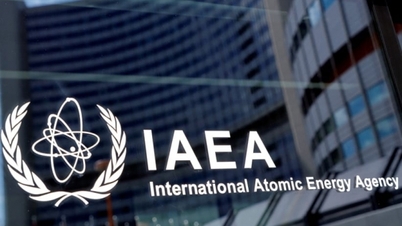
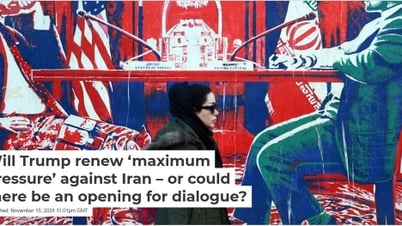
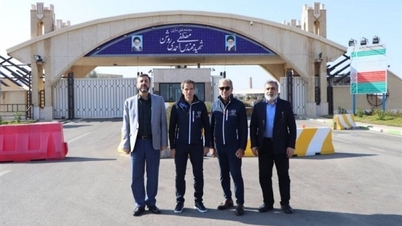


















































































Comment (0)